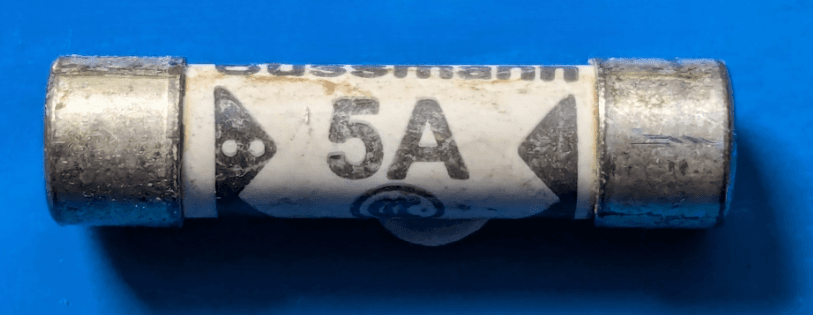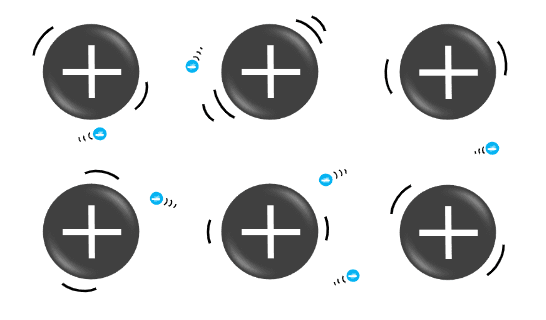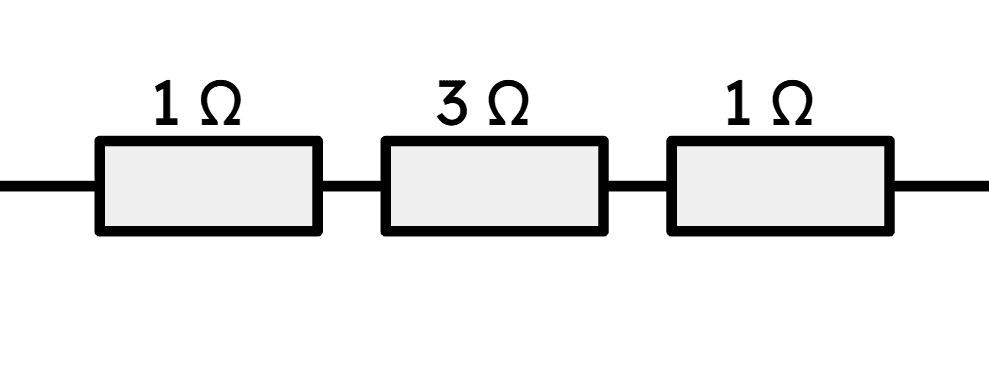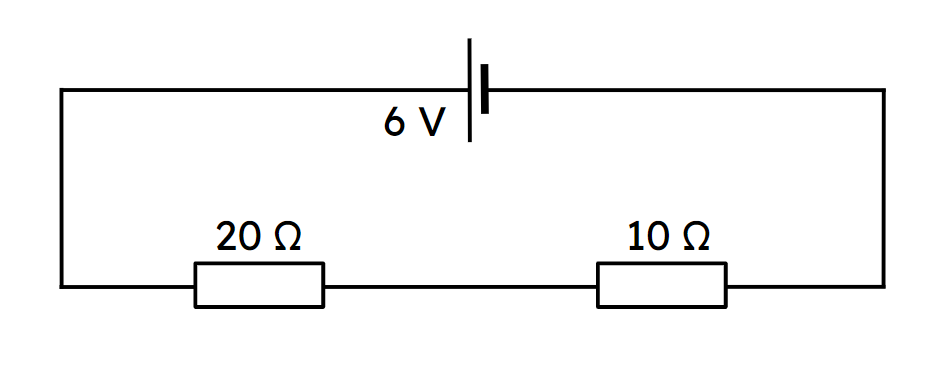Potential divider circuits
I can calculate p.d. across one of two components in a series circuit with a battery.
Potential divider circuits
I can calculate p.d. across one of two components in a series circuit with a battery.
These resources will be removed by end of Summer Term 2025.
Lesson details
Key learning points
- The p.d. across a component in an electric circuit measures the size of push that is moving current through it.
- The p.d. across each component in a series circuit adds up to the p.d. across the battery.
- The current is the same through every component in a series circuit.
- The larger the total resistance of a series circuit, the smaller the current through it.
- In a series circuit, the share of p.d. across each component is proportional to its resistance.
Keywords
Series circuit - an electrical circuit with a single loop
Potential difference (p.d.) - a measure of the push an electric field gives to charges
Resistance - a property of a material that opposes the flow of current
Potential divider - a series circuit that divides the p.d. across a power supply into two or more smaller voltages
Common misconception
A battery pushes a constant current around a circuit.
Provide opportunity for pupils to measure p.d. across a power supply when the resistance of a circuit it is connected to is altered.
To help you plan your year 10 combined science lesson on: Potential divider circuits, download all teaching resources for free and adapt to suit your pupils' needs...
To help you plan your year 10 combined science lesson on: Potential divider circuits, download all teaching resources for free and adapt to suit your pupils' needs.
The starter quiz will activate and check your pupils' prior knowledge, with versions available both with and without answers in PDF format.
We use learning cycles to break down learning into key concepts or ideas linked to the learning outcome. Each learning cycle features explanations with checks for understanding and practice tasks with feedback. All of this is found in our slide decks, ready for you to download and edit. The practice tasks are also available as printable worksheets and some lessons have additional materials with extra material you might need for teaching the lesson.
The assessment exit quiz will test your pupils' understanding of the key learning points.
Our video is a tool for planning, showing how other teachers might teach the lesson, offering helpful tips, modelled explanations and inspiration for your own delivery in the classroom. Plus, you can set it as homework or revision for pupils and keep their learning on track by sharing an online pupil version of this lesson.
Explore more key stage 4 combined science lessons from the Circuit components unit, dive into the full secondary combined science curriculum, or learn more about lesson planning.

Equipment
variable resistor, lamp, power supply, two voltmeters, electrical leads
Content guidance
- Risk assessment required - equipment
Supervision
Adult supervision required
Licence
Starter quiz
6 Questions






Exit quiz
6 Questions





